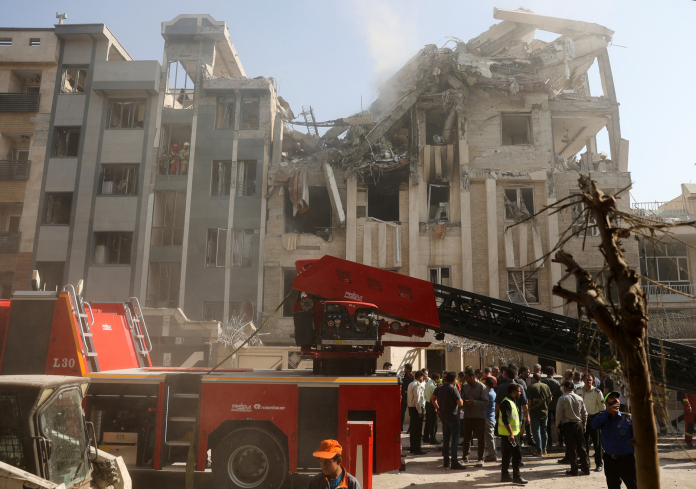The recent US military strike on Iran has dangerously escalated tensions in an already volatile Middle East, pushing the region closer to a wider conflict. With Russia now openly backing Tehran and pledging increased military support, the crisis threatens to spiral beyond control, drawing in regional players and destabilizing neighboring Gulf states. Meanwhile, the United Nations—once seen as a platform for conflict resolution—stands paralyzed, its Secretary-General rendered irrelevant by the world’s refusal to heed his calls for restraint.
The US decision to strike Iran marks a significant intensification of hostilities, risking direct confrontation between global powers. Iran’s Supreme Leader has already called for greater Russian assistance, and Moscow has responded by announcing a boost in missile production—a clear signal that it will not remain a passive observer. If Russia deepens its military involvement, the conflict could quickly expand beyond the Middle East, drawing in proxies and allies on both sides. The situation is eerily reminiscent of Cold War-era proxy wars, where superpower rivalries fueled devastating regional conflicts.
Russia’s growing alliance with Iran is no coincidence. Moscow sees an opportunity to challenge US influence in the region while strengthening its own strategic partnerships. By supplying advanced weaponry and political backing, the Kremlin not only bolsters Iran but also complicates Washington’s calculations. Should Russia deploy additional military assets or advisors to Iran, the US and its allies may face a dilemma: either escalate further or risk ceding ground to a resurgent Moscow-Tehran axis. Either scenario spells trouble for regional stability.
The conflict’s spillover effects are already being felt across the Middle East. Gulf nations, particularly Saudi Arabia and the UAE, fear being caught in the crossfire—whether through retaliatory Iranian strikes, disrupted oil supplies, or heightened militia activity. These countries have long relied on US security guarantees, but with Washington now directly engaged against Iran, they may be forced to recalibrate their strategies. A prolonged standoff could destabilize the entire region, triggering economic shocks and security crises beyond the immediate theater of war.
Amid this unfolding disaster, the United Nations has proven utterly ineffective. Secretary-General António Guterres has issued the usual appeals for de-escalation, but no major power is listening. His office, once envisioned as a mediator in global crises, has been reduced to a mere spectator. If the UN cannot even convene meaningful dialogue in such a perilous situation, one must question its continued relevance. Perhaps it is time for Guterres to acknowledge his impotence and step aside, making way for a leader willing to challenge the world’s indifference—if such a leader even exists.
The world stands at a precipice. The US-Iran confrontation, now amplified by Russia’s involvement, threatens to ignite a conflict with no easy exit. Gulf states must brace for fallout, while global powers seem more interested in strategic posturing than preventing disaster. The UN’s failure to act only underscores the breakdown of multilateral diplomacy. Unless cooler heads prevail—and soon—this crisis could engulf the region in flames, with consequences far beyond what any player initially intended. The time for restraint is running out.

















